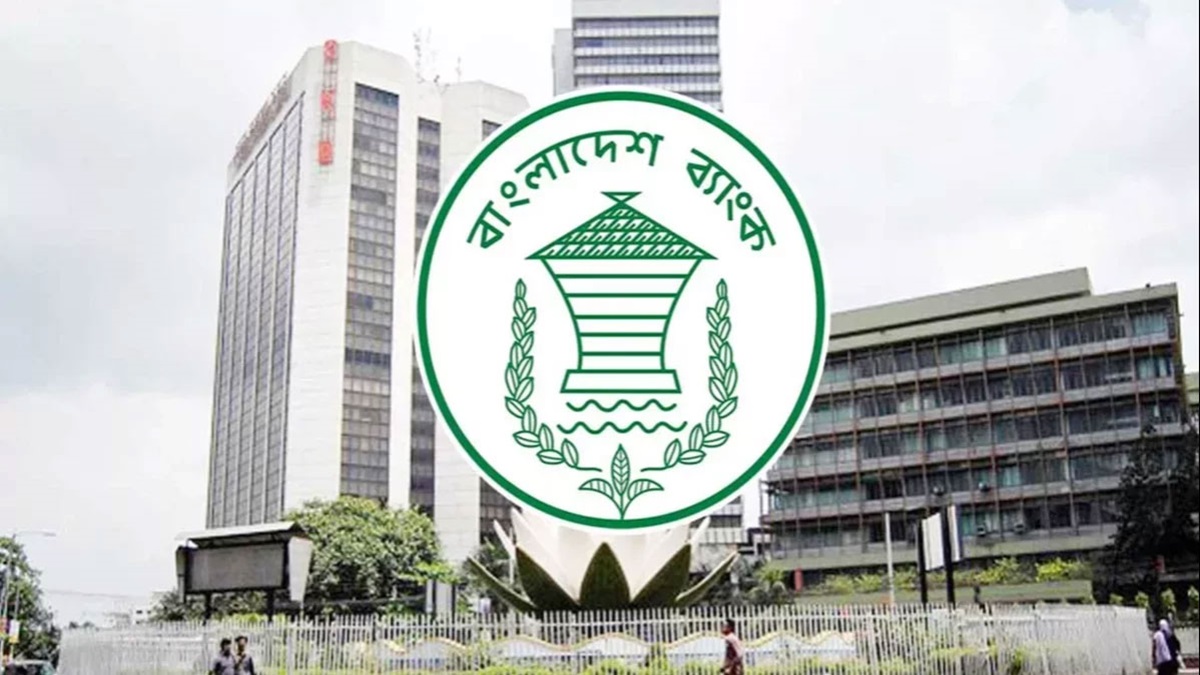Bangladesh Bank to propose full autonomy for the bank
BY Insider Desk
February 21, 2025

Bangladesh Bank (BB) will submit a comprehensive reform proposal within the next four months, aiming to transform the central bank into a fully autonomous institution.
Governor Dr. Ahsan H. Mansur announced the plan at a discussion in Dhaka, outlining the government’s commitment to banking sector reforms.
The proposal will be submitted to the head of the interim government, who has already signaled approval for the reform agenda. The central bank’s strategy includes legal changes, department restructuring, and a shift in focus toward compliance, regulation, and enforcement.
“We want to reshape the focus of Bangladesh Bank. Activities that are not core to central banking will be phased out, and priority will be given to regulatory and enforcement issues,” said Mansur, who took office following the recent change in government.
The Economic Reporters’ Forum (ERF) organized the discussion titled Bangladesh’s Macroeconomic Landscape: Challenges in the Banking Sector and Path Ahead. Among the speakers were CPD Distinguished Fellow Dr. Mustafizur Rahman and Pubali Bank PLC Managing Director Mohammad Ali.
As part of broader financial sector reforms, the central bank is preparing to recapitalize struggling banks while ensuring full protection of depositors’ interests.
A key element of this effort is the Bank Resolution Act, which is currently in the final vetting stage. The legislation will provide mechanisms for resolving failing banks through liquidation, mergers, and recapitalization.
“The recapitalization process will be carried out gradually over several years, focusing strongly on deposit growth. We aim to follow the successful examples of banks like Eastern Bank, Pubali Bank, and City Bank, which overcame past financial struggles through disciplined restructuring,” said the governor.
Mansur also emphasized the government’s commitment to recovering laundered assets, citing examples of success in countries like Nigeria and Angola.
“With international cooperation, we are training central bankers to handle asset recovery cases through globally recognized legal frameworks. While full asset recovery may take up to five years, we aim to freeze overseas assets of launderers within this year. However, the next elected government must continue the process for full results,” he added.
CPD’s Dr. Mustafizur Rahman pointed to high inflation as a major economic challenge. He stressed the need for an investment-friendly environment alongside inflation control measures.
He also called for urgent reforms in the National Board of Revenue (NBR), arguing that pressure on the banking sector would persist without structural changes in revenue collection.
“Unless the revenue board is properly reshaped, the financial burden on banks will not be reduced,” he said.
The central bank’s move toward full autonomy marks a significant shift in Bangladesh’s financial governance. If implemented, these reforms could ensure a more independent and resilient banking sector that is less influenced by political or governmental interference.
With the interim government’s backing, Bangladesh Bank’s upcoming reform package is expected to lay the foundation for a modernized central banking system equipped to handle regulatory challenges, financial stability, and long-term economic growth.
Tags:
Most Read

Electronic Health Records: Journey towards health 2.0

Making an investment-friendly Bangladesh

Understanding the model for success for economic zones

Bangladesh facing a strategic test

Bangladesh’s case for metallurgical expansion

How a quiet sector moves nations

A raw material heaven missing the export train

Automation can transform Bangladesh’s health sector

A call for a new age of AI and computing
You May Also Like
